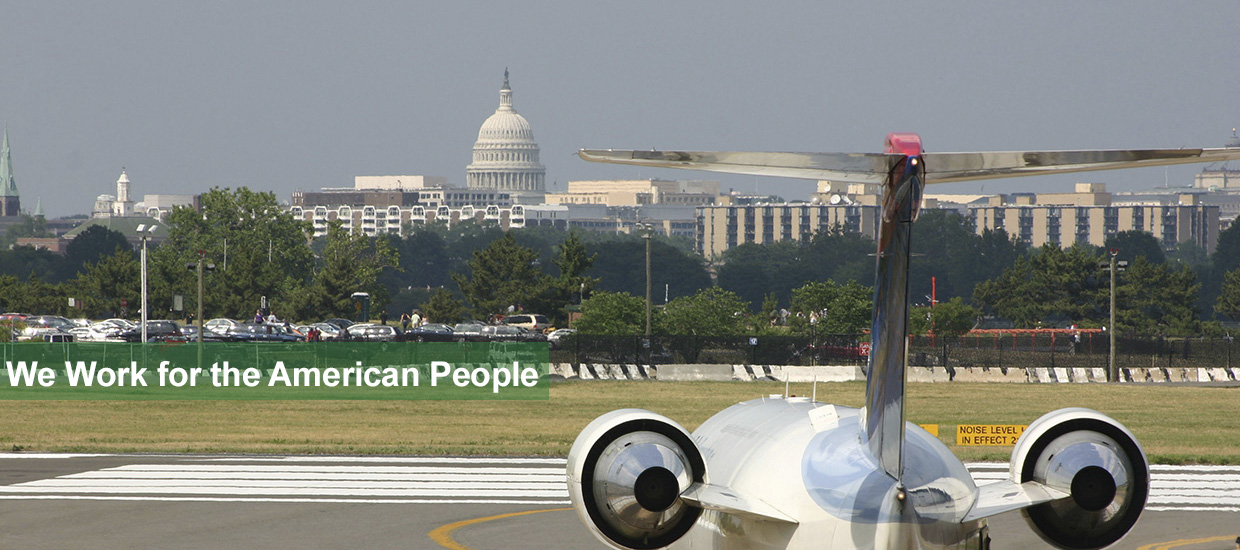Members News
-
No Pay Raise Included in President’s Budget Proposal
The president’s overall FY26 budget request makes cuts to non-defense funding and does not include... -
Legislation Aims to Keep FAA Functioning During Shutdowns
Legislation introduced earlier in the year and new legislation recently introduced aim to insulate... -
Shutdown Fairness Act Gains Support
The legislation was introduced in the Senate earlier this month by Sen. Ron Johnson (R-Wis.) and... -
PASS Participates on Modernization Roundtable
Stakeholders, including PASS, discussed with lawmakers the many challenges currently facing the... -
New Arbitration Review Process
Per Article 5 in the PASS CBAs, the Arbitration Review Process allows each side 45 minutes to...





